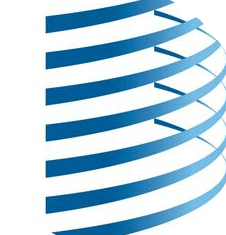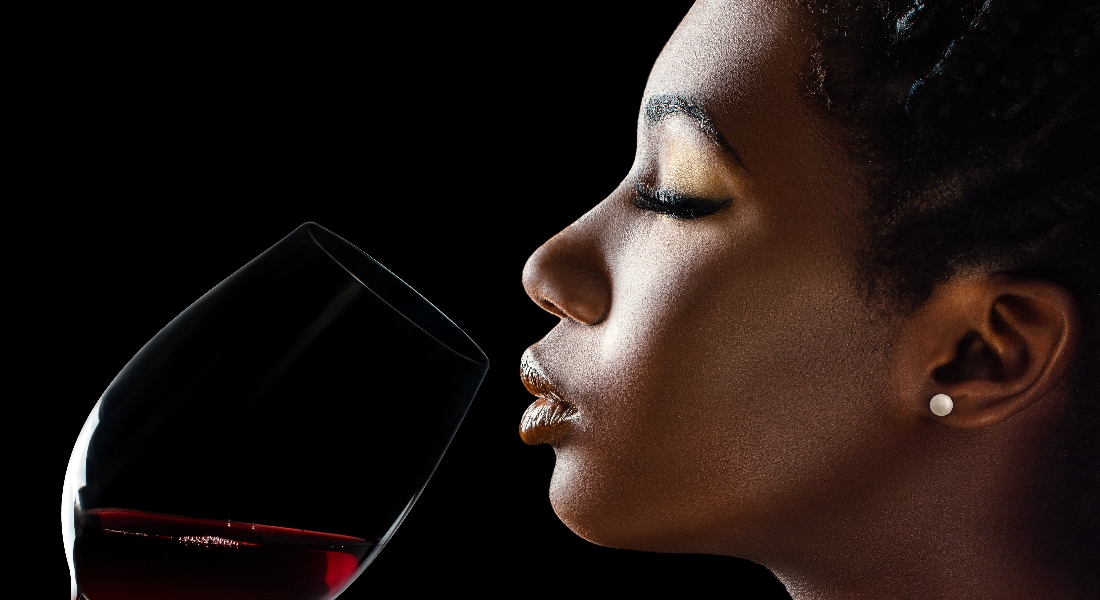Note: Inventa does not operate directly in this jurisdiction. Instead, we rely on a long standing network of colleagues and agents to handle incoming service.
Paths to protection
Ways to protect your invention
Patents are a way of protecting your inventions. By filing a successful patent you will be awarded a monopoly to exploit your invention for a period of time.
National Patents are the most effective way of defending your invention if you only require protection in a single jurisdiction. If this is not enough for your needs, this country has signed international agreements on patents, which facilitate their internationalization:

PCT (Patent Cooperation Treaty)
The PCT system allows simplified international patent applications which in turn eases national filings.
Additional Information
Discuss your Intellectual Property Protection strategy with us
If you need to protect your Intellectual Property abroad, through our Global Network of offices and associates, we can make your Intellectual Property assets expand to every nation you desire, ensuring full legal protection of your rights.
If you have further questions, we would be delighted to schedule a conference call and answer any questions you may have.
Schedule Conference CallDominican Republic
Patent Details and Timeframes
Priority claim
Available
Substantive Examination
Unavailable
National Filing Requirements
Application Requirements
- Applicant data.
- Inventor(s) data.
- Patent title, abstract, description, claims and drawings.
- Deed of assignment, legalized (if applicable).
- Power of attorney, legalized.
- Legalized copy of the priority document (if applicable).
Renewal Requirements
- Please contact us for further information.
Assignment Requirements
- Deed of assignment, legalized.
- Power of attorney, legalized.
Change of Name Requirements
- Certificate of change of name, legalized.
- Power of attorney, legalized.
Change of Address Requirements
- Certificate of change of address, legalized.
- Power of attorney, legalized.
License Requirements
- Power of attorney, legalized.
- License agreement document signed by both parties, legalized.
PCT Filing
Application Requirements
- Applicant data.
- Inventor(s) data.
- Patent title, abstract, description, claims and drawings.
- PCT document.
- Deed of assignment, legalized (if applicable).
- Power of attorney, legalized.
- Legalized copy of the priority document (if applicable).
Renewal Requirements
- Please contact us for further information.
Assignment Requirements
- Deed of assignment, legalized.
- Power of attorney, legalized.
Change of Name Requirements
- Certificate of change of name, legalized.
- Power of attorney, legalized.
Change of Address Requirements
- Certificate of change of address, legalized.
- Power of attorney, legalized.
License Requirements
- Power of attorney, legalized.
- License agreement document signed by both parties, legalized.
Latest news

